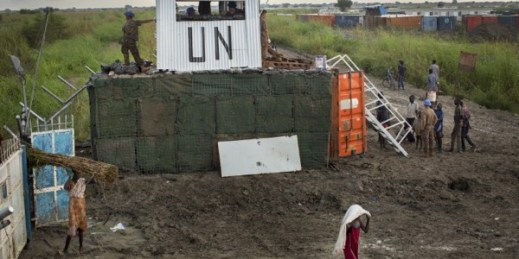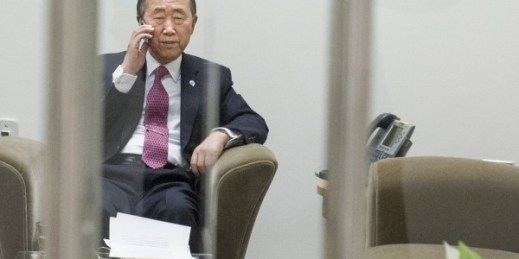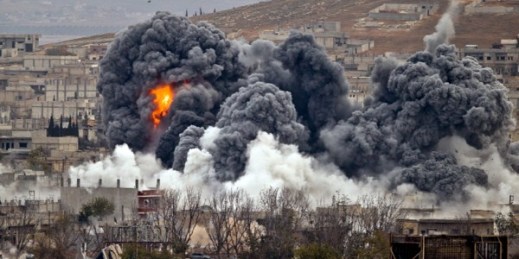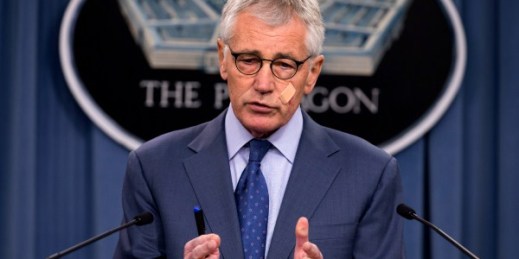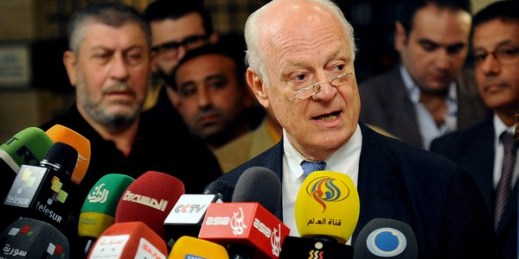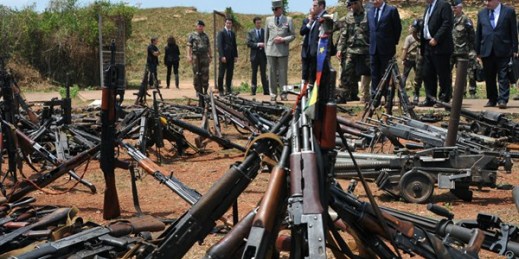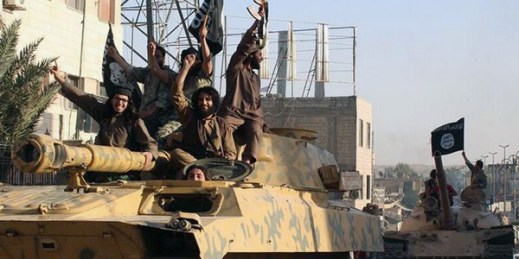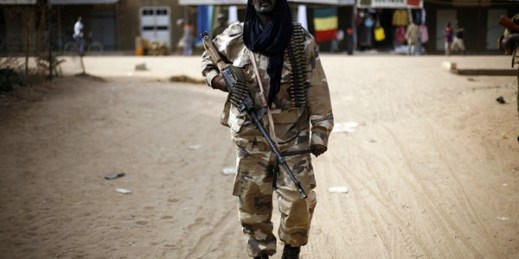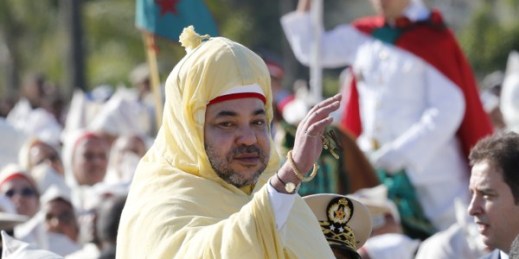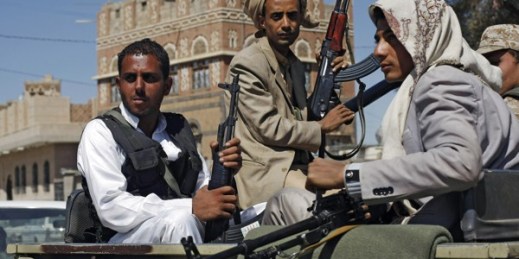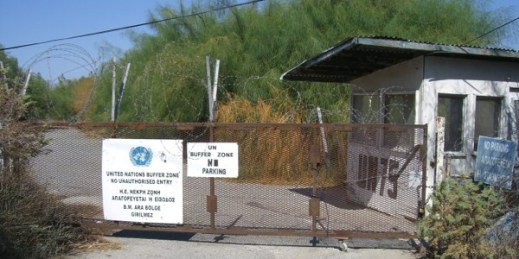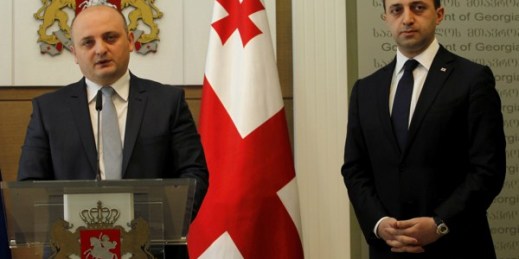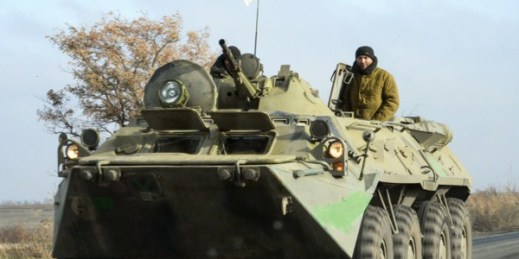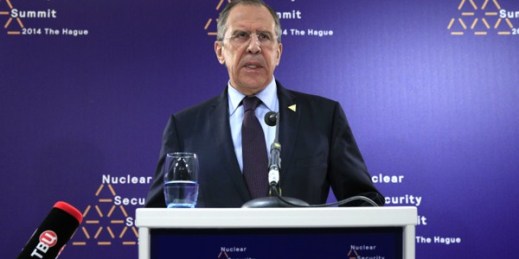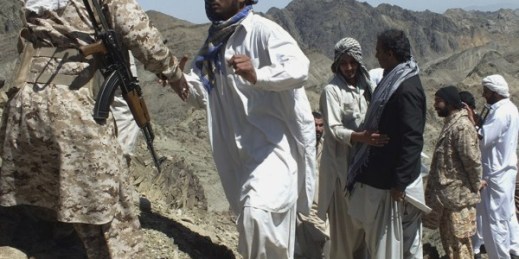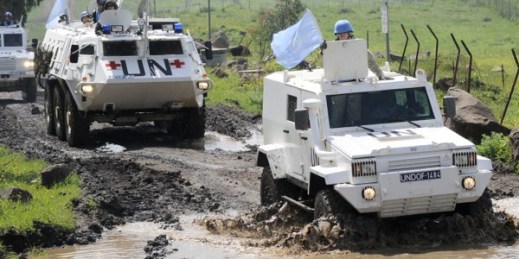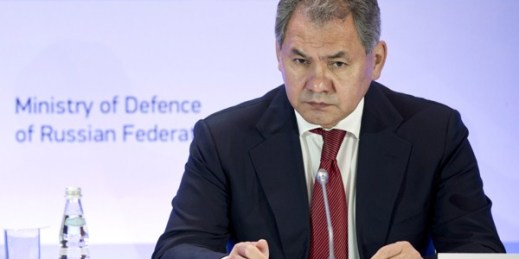
On Nov. 20, Russian Defense Minister Gen. Sergey Shoigu visited Islamabad along with dozens of other Russian officials and signed an unprecedented Russian-Pakistan defense cooperation agreement. While in Islamabad, Shoigu also engaged in wide-ranging discussions with his Pakistani counterpart, Khawaja Muhammad Asif, on Afghanistan, regional security, arms sales and other issues. In so doing, Shoigu became the first Russian defense minister to visit Pakistan since 1969, when the Soviet government made an unsuccessful effort to mediate tensions between Pakistan and India. Since then, relations between Moscow and Islamabad have been atrocious, in part due to the close and enduring defense […]

